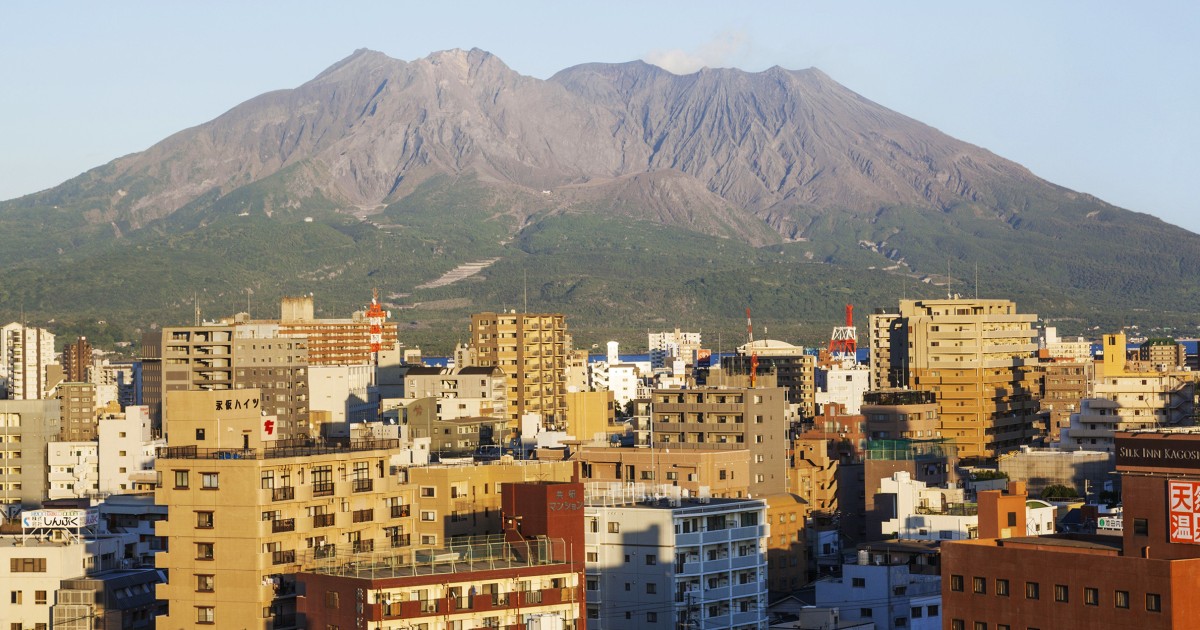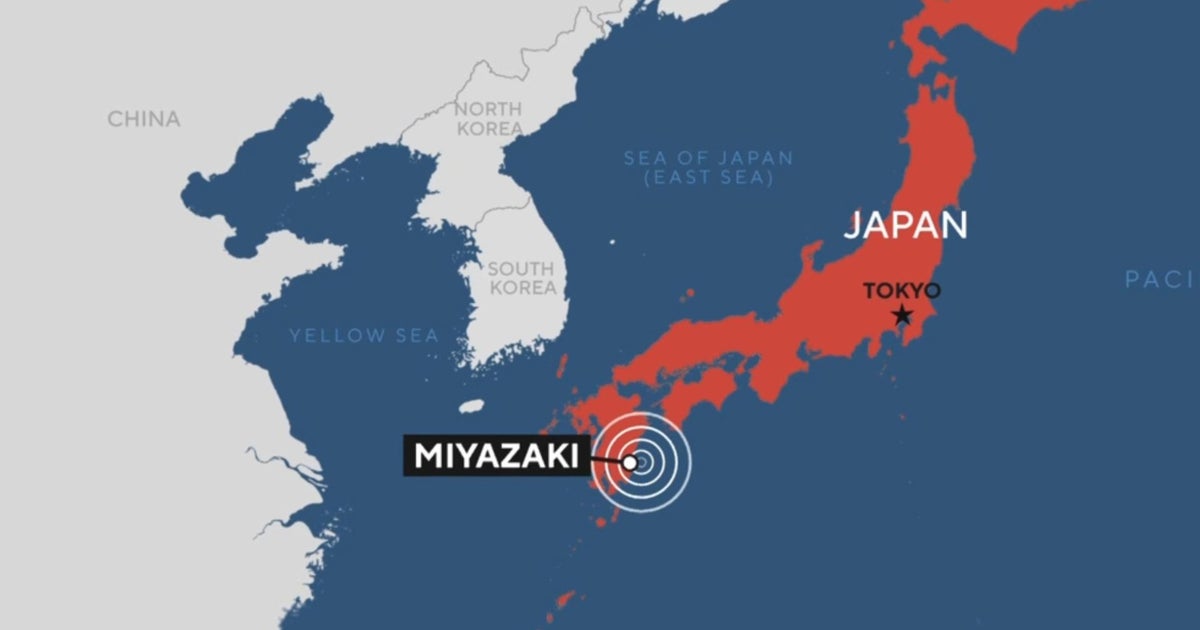•
Magnitude 6.9 Earthquake Strikes Off Japan's Kyushu, Brief Tsunami Advisory Issued
A magnitude 6.9 earthquake shook Kyushu, Japan, leading to a short-lived tsunami advisory, though no significant damages or casualties were reported.
L 11%
C 56%
R 33%
Overview
A summary of the key points of this story verified across multiple sources.
On January 13, Japan experienced a 6.9 magnitude earthquake off the coast of Kyushu, prompting a tsunami advisory that was later lifted. Authorities reported a small tsunami wave and minor injuries. Residents were warned to avoid coastal areas and watch for aftershocks. Operations at regional nuclear plants remained stable with no radiation concerns. Although experts considered potential connections to the Nankai Trough, they concluded no special measures were necessary.
Written using shared reports from .
9 sources
Report issue
Analysis
Compare how each side frames the story — including which facts they emphasize or leave out.
Analysis unavailable for this viewpoint.
Sources (9)
Compare how different news outlets are covering this story.
Center (5)
History
See how this story has evolved over time.
This story does not have any previous versions.




